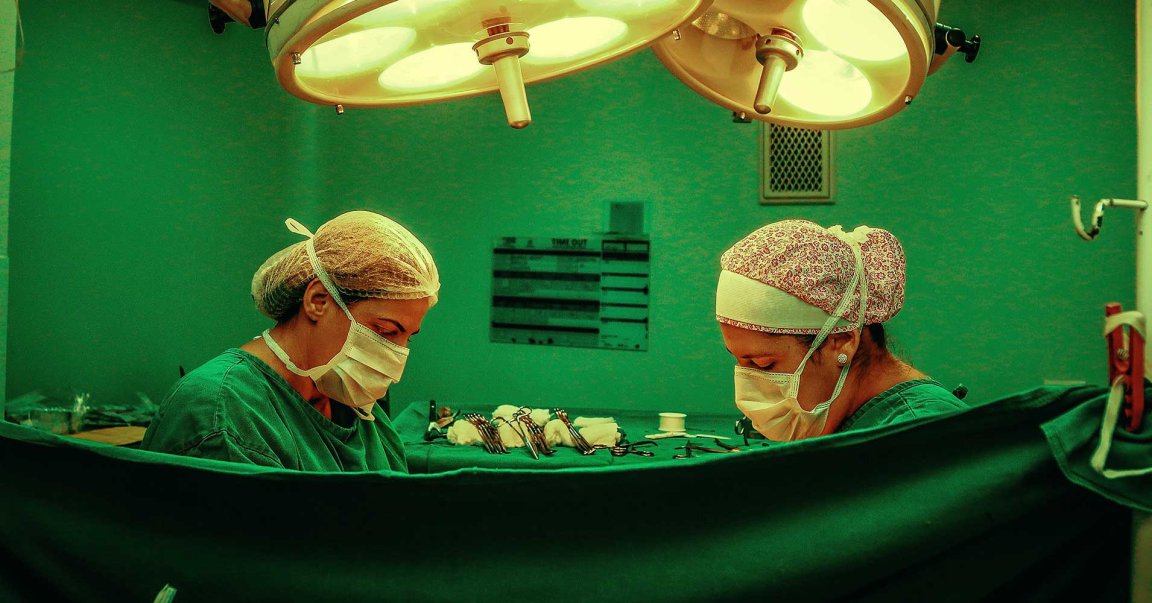
Aftershock
When doctors operate to remove cancerous tumors, they need to make sure they catch every last bit during surgery. If any cancer is left over, it can once more take hold and recur, putting the patient right back where they started.
To help clear away any tumor remnants that doctors might miss during surgery, a team of doctors from prestigious medical institutions says it has developed a new spray-on gel that enlists the immune system to sweep the area and kill off whatever cancerous cells are still there, according to research published Monday in the journal Nature Nanotechnology.
Mighty Mice
The proof of concept experiment was conducted on mice. The researchers — who hail from the University of California, Los Angeles, University of North Carolina, Chapel Hill, South China University of Technology, and China’s Fudan University — acknowledge that there’s absolutely no guarantee that the gel will also work on people with cancer, New Scientist reports.
In mice, the gel worked by deactivating one of cancer’s key defenses against the immune system: a molecule called CD47. This molecule, normally found on red blood cells, serves as a sort of hall pass for the immune system. Because they carry CD47, the immune system knows not to target and destroy red blood cells. Unfortunately, cancer cells use it for the exact same purpose.
After surgeries where some but not all of a mouse’s tumor was removed, the surrounding area was sprayed by a gel of nanoparticles carrying an anti-CD47 antibody that blocks the molecule. With the cancer cells’ hall pass disabled, the mice’s immune systems reawakened to prevent the tumor from growing back or spreading to other parts of the body.
Multi-Pronged Offensive
We don’t know how to disable cancer’s CD47 shield in humans yet, but other researchers have found other ways to reprogram the immune system to target cancer cells, like a recent project that converted human skin cells into the immune system’s T-cells, which attack and destroy whatever doesn’t belong in the body.
But as far as CD47 research goes, the team of doctors will need to work their way up to human experimentation. If and only if the technique works on larger mammals will they begin the first of several rounds of human studies to see whether the spray gel could become a viable cancer treatment.
READ MORE: Spray-on gel slows down the regrowth of tumours after cancer surgery [New Scientist]
More on cancer medicine: Experts: Stem Cells and Robots Will Replace Many Invasive Surgeries